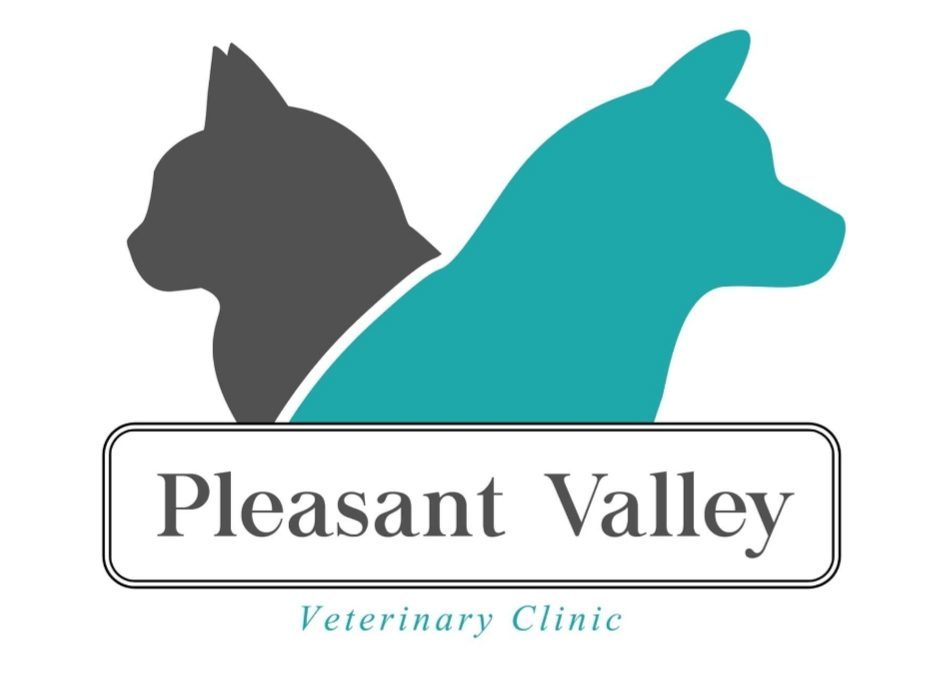Library
-
A recessed vulva, also referred to as a juvenile or hypoplastic vulva, is a conformational issue that occurs in female dogs. In this condition, the vulva is recessed within, or partially hidden by, surrounding folds of skin. Some dogs might have a recessed vulva for their entire life without ever experiencing any visible effects. In other dogs, however, a recessed vulva can predispose them to vaginitis and/or urinary tract infections. Depending on the severity of your dog’s clinical signs, medical or surgical options may be used to treat this condition.
-
Adding a new kitten to your family is a lot of fun, but it is also a big responsibility. This handout reviews basic kitten care, including vaccinations, internal and external parasites, nutrition, and nail care. It also reviews the importance of early spay/neuter and microchip identification.
-
Congratulations on the addition of a new puppy to your family! This handout provides general care advice for your puppy, including nutrition, play and chewing behavior, housetraining, socialization, nail trimming, and basic first aid.
-
Owning a puppy can be an extremely rewarding experience but it is also a large responsibility that lasts the entire lifetime of the dog. Working with your veterinarian, there are several preventive measures to help keep your puppy safe and healthy as he grows up, including vaccination, parasite treatment and prevention, identification, and spaying or neutering your dog.
-
RAO (previously called chronic obstructive pulmonary disease or COPD) is a relatively common cause of coughing and nasal discharge in stabled horses. In long-standing cases the horse may have difficulty in breathing and its chest and abdomen can be easily seen to move, hence the even older name 'heaves'.
-
Reproductive disease in ferrets is rare today, as most pet ferrets are spayed or neutered at a young age. One disease that is still occasionally seen in pet ferrets occurs in females that are not spayed. This is called hyperestrogenemia and is a result of persistently high blood levels of estrogen in unspayed females that are not bred or fails to ovulate.
-
Some dogs have a condition known as paroxysmal respiration, more commonly called reverse sneezing. With this condition, the dog rapidly pulls air into the nose, whereas in a regular sneeze, the air is rapidly pushed out through the nose. The dog makes a snorting sound and seems to be trying to inhale while sneezing.
-
Ringworm infections in cats are caused by a fungus, not a worm. They can be easily recognized, though definitive testing by fungal culture is recommended. Ringworm is highly contagious and can be spread between animals and from animals to people. The clinical signs, diagnosis, treatment, and risks are explained in this handout.
-
Ringworm infections in cats are caused by a fungus, not a worm. They can be easily recognized, though definitive testing by fungal culture is recommended. Ringworm is highly contagious and can be spread between animals and from animals to people. The clinical signs, diagnosis, treatment, and risks are explained in this handout.
-
Ringworm is a skin infection caused by a dermatophyte (skin 'loving') fungus of which there are several different species. The fungi that cause ringworm in horses include the Microsporum and Trichophyton species, that can infect not only horses but other animal species, including humans.


